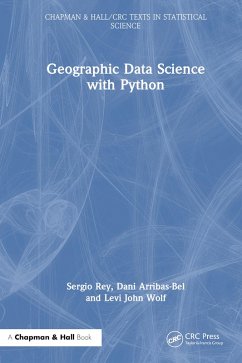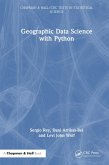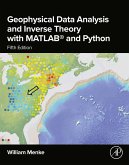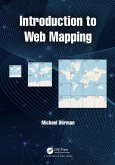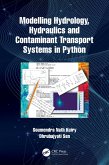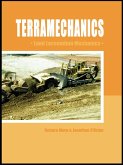This book serves as an introduction to a whole new way of thinking systematically about geographic data, using geographical analysis and computation to unlock new insights hidden within data. The book is structured around the excellent data science environment in Python.
Dieser Download kann aus rechtlichen Gründen nur mit Rechnungsadresse in A, B, BG, CY, CZ, D, DK, EW, E, FIN, F, GR, HR, H, IRL, I, LT, L, LR, M, NL, PL, P, R, S, SLO, SK ausgeliefert werden.

